OpenLens
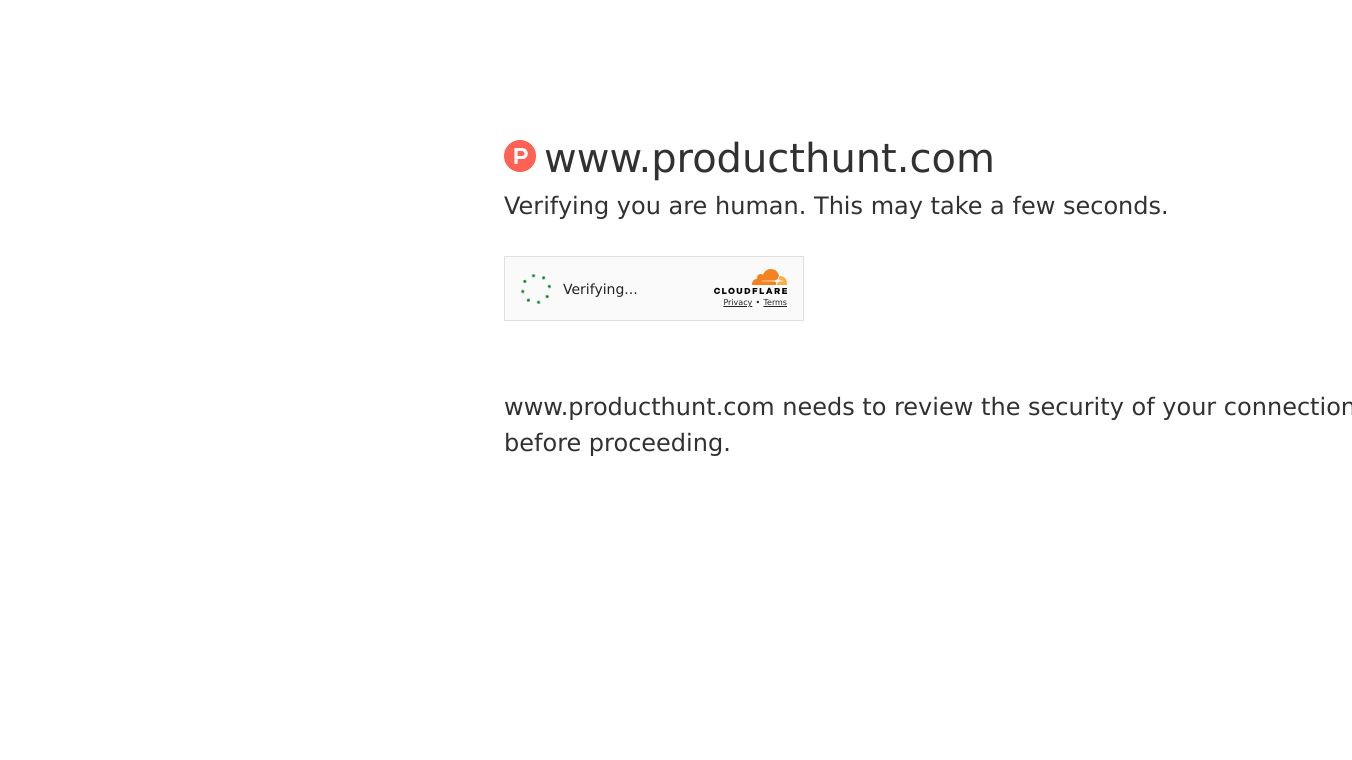
What is OpenLens?
OpenLens is a free, open-source Kubernetes IDE (Integrated Development Environment) that provides a graphical interface for managing and interacting with Kubernetes clusters. It is essentially the Lens IDE without the proprietary components, offering a powerful tool for improving productivity with Kubernetes. Unlike the Lens Personal edition, which requires a personal license key, OpenLens can be compiled from its source code, allowing users to create their own binary.
Benefits
OpenLens offers several key advantages for users:
- Free and Open-Source: OpenLens is completely free to use and open-source, making it accessible to anyone who needs a robust Kubernetes IDE.
- Improved Productivity: Like the Lens IDE, OpenLens helps users radically improve their productivity when working with Kubernetes clusters.
- No License Requirements: Unlike the Lens Personal edition, OpenLens does not require users to sign up for a personal license key.
- Customizable: Since the source code is available, users can compile their own binaries, allowing for customization and control over the software.
Use Cases
OpenLens is particularly useful for:
- Kubernetes Operators: Those who need to troubleshoot and monitor their Kubernetes deployments.
- Developers: Individuals who work with microservices architecture and need a graphical interface to manage their clusters.
- IT Professionals: Those who require a tool to manage and monitor Kubernetes environments effectively.
Pricing
OpenLens is completely free to use. There are no licensing fees or subscription costs associated with it.
Vibes
OpenLens has been well-received by the community for its simplicity and effectiveness. Users appreciate the fact that it is free and open-source, and many find it to be a reliable alternative to the Lens Personal edition. The ability to compile the source code and create custom binaries is also a significant advantage for those who prefer more control over their tools.
Additional Information
OpenLens is maintained by the community, and there are public repositories where developers have compiled the source code, making it easier for users to download and install the binaries. However, users should be aware that these binaries may not be signed, which could trigger security warnings during installation.
For those who require more advanced enterprise features such as vulnerability scanning and collaboration tools, the Lens Pro edition might be a better option. However, for users who prefer a completely open-source solution without proprietary components, OpenLens is an excellent choice.
This content is either user submitted or generated using AI technology (including, but not limited to, Google Gemini API, Llama, Grok, and Mistral), based on automated research and analysis of public data sources from search engines like DuckDuckGo, Google Search, and SearXNG, and directly from the tool's own website and with minimal to no human editing/review. THEJO AI is not affiliated with or endorsed by the AI tools or services mentioned. This is provided for informational and reference purposes only, is not an endorsement or official advice, and may contain inaccuracies or biases. Please verify details with original sources.
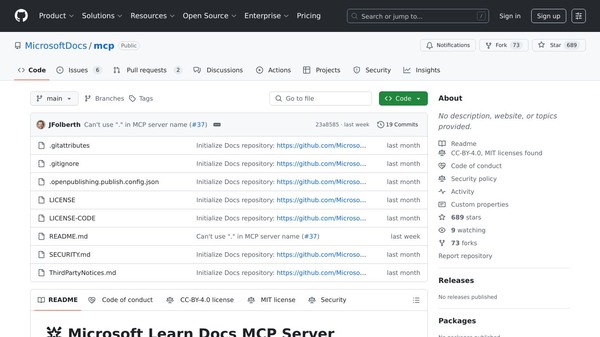
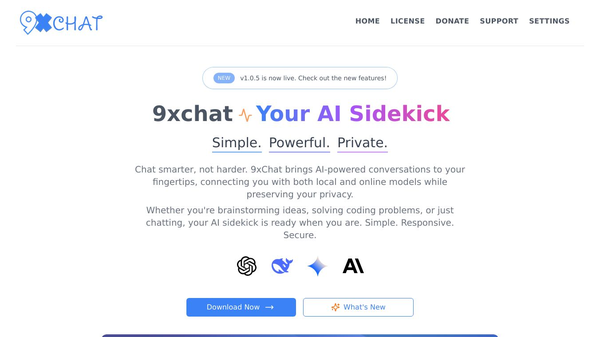
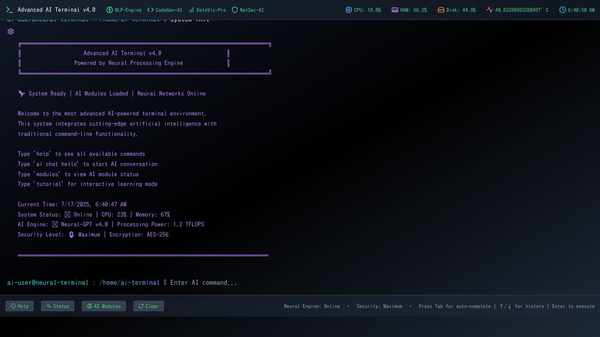
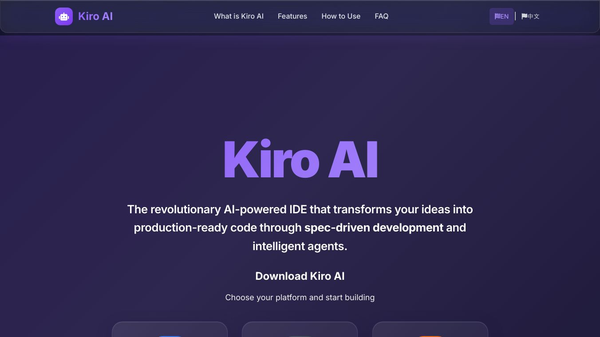
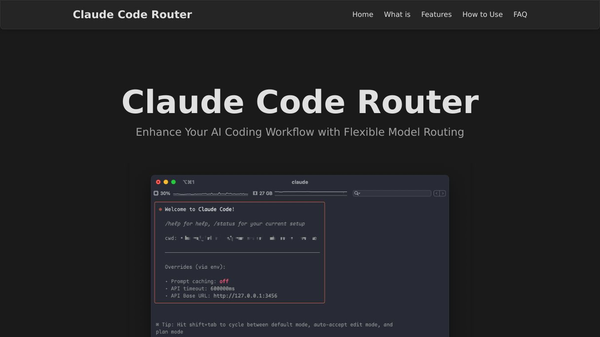
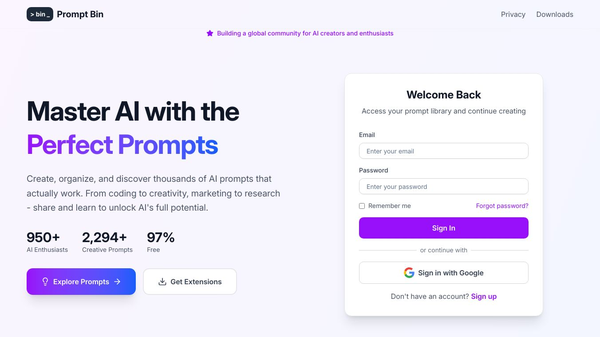
Comments
Please log in to post a comment.